Toyota’s Electrified Future: A Look At The 2025 Battery-Electric Pickup
By admin / May 29, 2024 / No Comments / 2025
Toyota’s Electrified Future: A Look at the 2025 Battery-Electric Pickup
Toyota’s Electrified Future: A Look at the 2025 Battery-Electric Pickup
Introduction
With enthusiasm, let’s navigate through the intriguing topic related to Toyota’s Electrified Future: A Look at the 2025 Battery-Electric Pickup. Let’s weave interesting information and offer fresh perspectives to the readers.
Table of Content
Toyota’s Electrified Future: A Look at the 2025 Battery-Electric Pickup
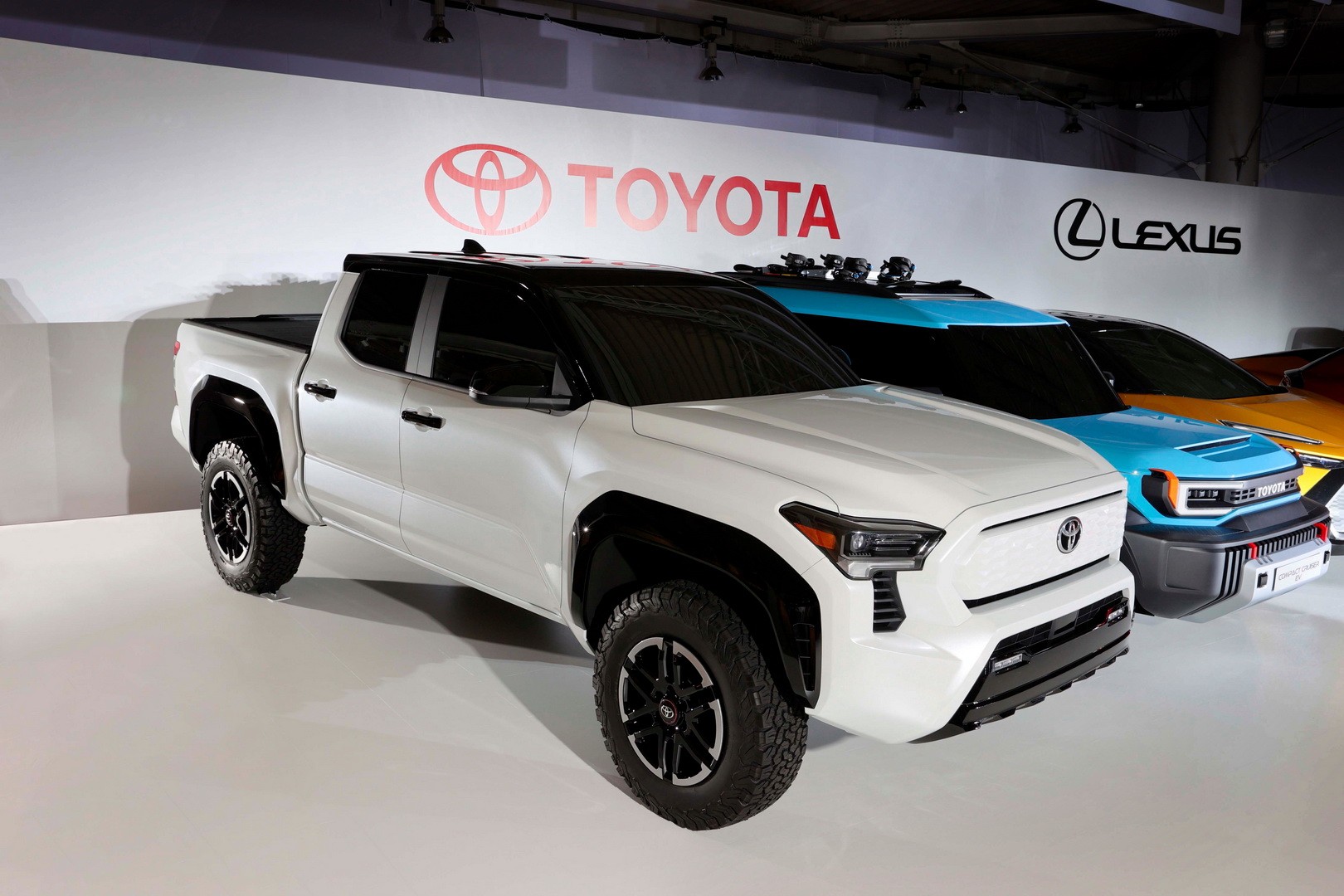
Toyota’s entry into the burgeoning battery-electric pickup truck market is anticipated to be a significant event. While specific details remain under wraps, analysts and industry experts predict a launch around 2025. This vehicle represents a crucial step for Toyota, a company known for its hybrid technology leadership, as it navigates the transition to a more electrified future. The anticipated vehicle will not only compete in a rapidly expanding segment but will also serve as a benchmark for the company’s broader electric vehicle strategy.
The competitive landscape for electric pickups is already crowded, with established players and new entrants vying for market share. This necessitates a compelling offering, combining innovative technology, robust performance, and a competitive price point. Speculation points towards a vehicle designed to leverage Toyota’s existing strengths in reliability, durability, and off-road capability, while incorporating cutting-edge battery technology and advanced powertrain systems. The vehicle’s success will hinge on its ability to differentiate itself from competitors, particularly in areas such as range, charging speed, towing capacity, and payload.
Technological Innovations: Success in this segment demands technological innovation beyond simply electrifying an existing platform. Expectations include advanced battery chemistries offering extended range and rapid charging capabilities. The vehicle’s powertrain is likely to feature high-torque electric motors, delivering impressive acceleration and towing performance. Sophisticated thermal management systems will be crucial for optimizing battery life and performance in diverse climates and operating conditions. Furthermore, integration of advanced driver-assistance systems (ADAS) is expected, enhancing safety and driver convenience. These systems might include features like adaptive cruise control, lane-keeping assist, automatic emergency braking, and potentially even semi-autonomous driving capabilities. The vehicle’s design will likely incorporate aerodynamic improvements to maximize range efficiency.
Manufacturing and Supply Chain: The manufacturing process for this vehicle will require significant investment in new facilities and production lines. Toyota’s global manufacturing network will likely play a crucial role in optimizing production efficiency and minimizing costs. Securing a reliable supply chain for critical components, particularly batteries and rare earth minerals, will be paramount. This necessitates strategic partnerships with battery suppliers and material producers to ensure a consistent and sustainable supply. Toyota’s experience in managing complex global supply chains will be vital in navigating this challenge.
Market Positioning and Target Audience: The target audience for this vehicle is likely to be diverse, encompassing both traditional pickup truck buyers and environmentally conscious consumers. The vehicle’s marketing strategy will need to effectively communicate its unique selling points, highlighting its capabilities and addressing potential concerns related to range anxiety and charging infrastructure. A successful launch will require a comprehensive marketing campaign that reaches a wide audience and showcases the vehicle’s versatility and performance.
Environmental Impact and Sustainability: The transition to electric vehicles is a crucial step in reducing transportation emissions. The anticipated vehicle’s contribution to lowering carbon footprints will be a significant selling point. Furthermore, Toyota’s commitment to sustainable manufacturing practices throughout the vehicle’s lifecycle, from material sourcing to end-of-life recycling, will enhance its appeal to environmentally conscious consumers.
Frequently Asked Questions:
-
What is the expected range of the vehicle? While official figures are unavailable, industry predictions suggest a range exceeding 300 miles on a single charge, potentially closer to 400 miles depending on the battery configuration and driving conditions.
-
What is the expected towing capacity? The towing capacity is expected to be competitive with gasoline-powered trucks in its class, likely exceeding 10,000 pounds. However, final specifications will depend on the chosen battery pack and powertrain configuration.
-
What charging infrastructure is compatible? The vehicle will likely support both AC and DC fast charging, ensuring compatibility with a wide range of charging stations.
-
What safety features will be included? A comprehensive suite of advanced driver-assistance systems (ADAS) is expected, including features like adaptive cruise control, lane-keeping assist, automatic emergency braking, and blind-spot monitoring.
-
What is the anticipated price point? Pricing will be crucial for market competitiveness. The final price will depend on several factors, including the battery size, features, and trim level. However, it is expected to be competitive within the electric pickup truck segment.
Tips for Prospective Buyers:
- Research the available charging infrastructure in your area before purchasing.
- Consider your individual towing and payload needs when selecting a trim level.
- Compare the vehicle’s specifications and features to those of competing models.
- Factor in potential government incentives and tax credits for electric vehicle purchases.
- Take a test drive to experience the vehicle’s performance and handling characteristics.
Conclusion:
Toyota’s anticipated 2025 battery-electric pickup represents a significant strategic move into a rapidly growing market segment. The vehicle’s success will depend on its ability to deliver on several key factors, including range, performance, charging speed, and price competitiveness. The company’s reputation for reliability and durability, coupled with its commitment to technological innovation, positions it well to compete effectively. The vehicle’s ultimate impact on the electric vehicle market and Toyota’s overall strategy remains to be seen, but its launch promises to be a pivotal moment in the automotive industry’s transition towards electrification.
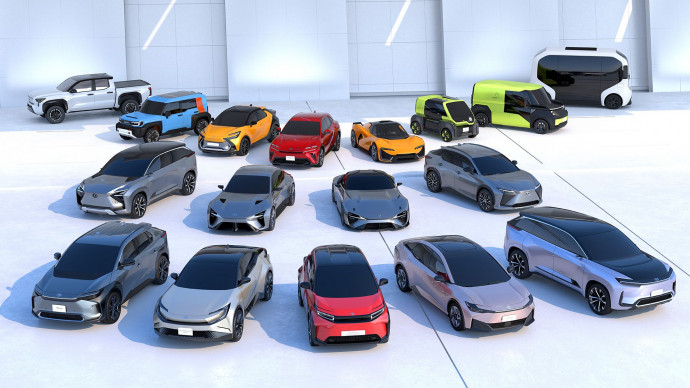
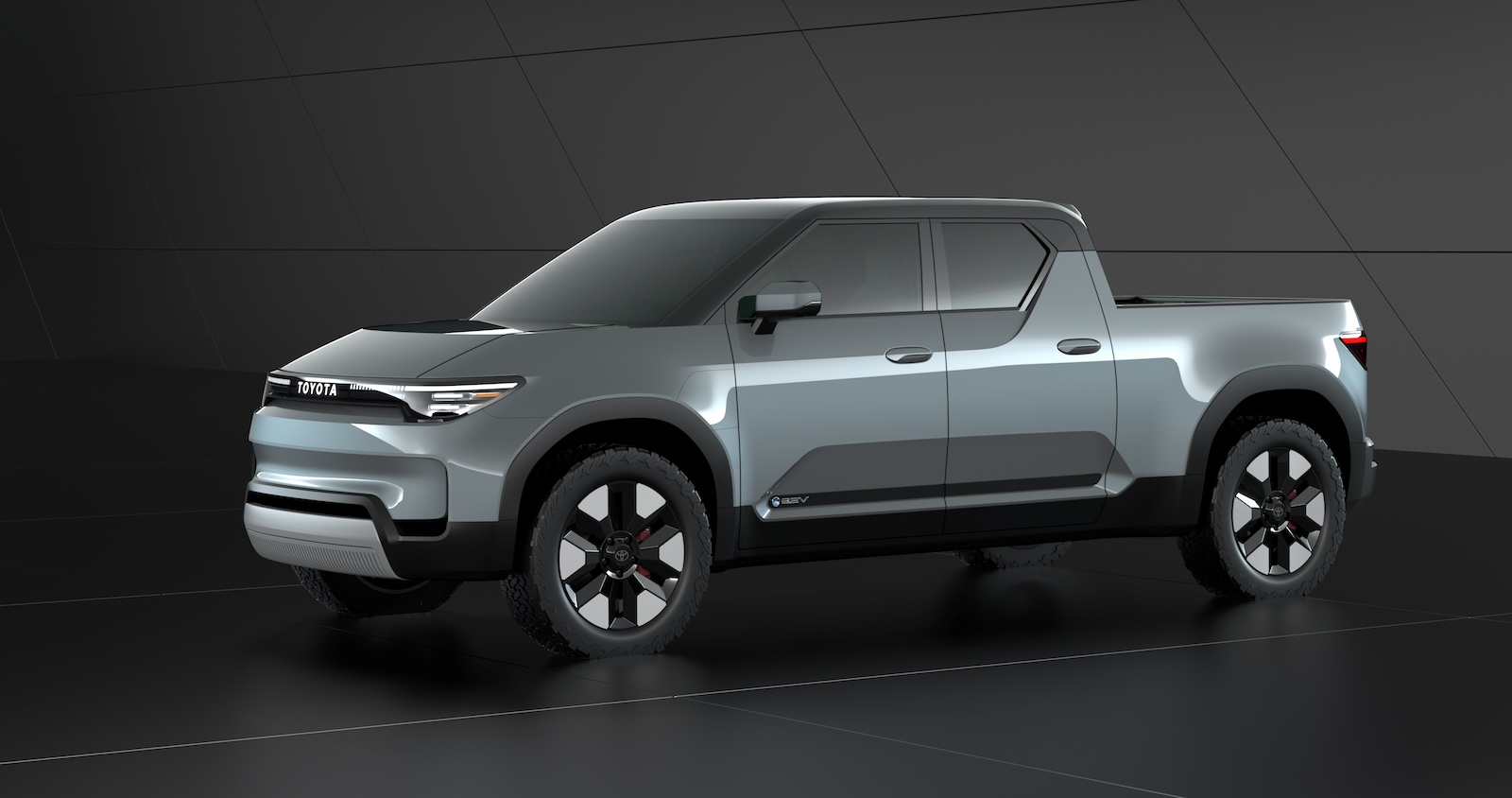
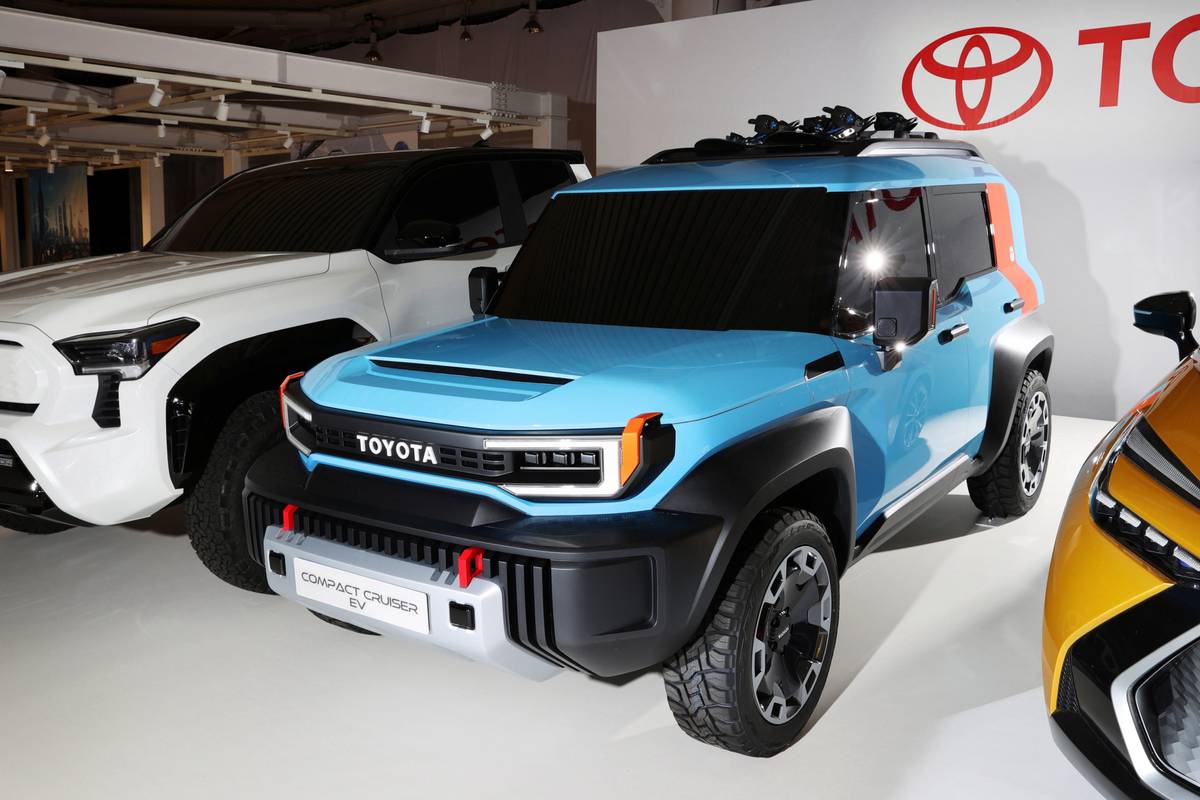

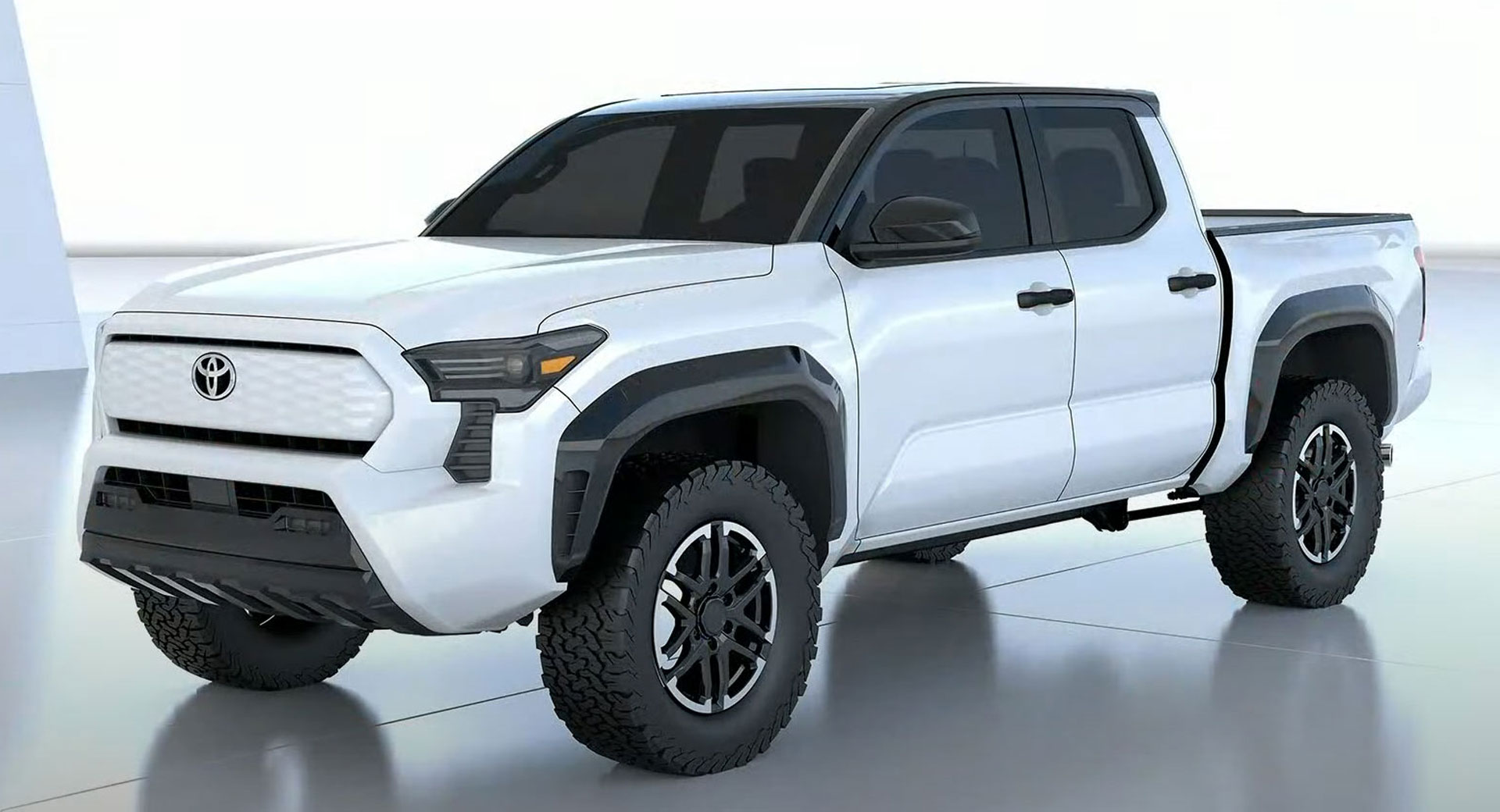

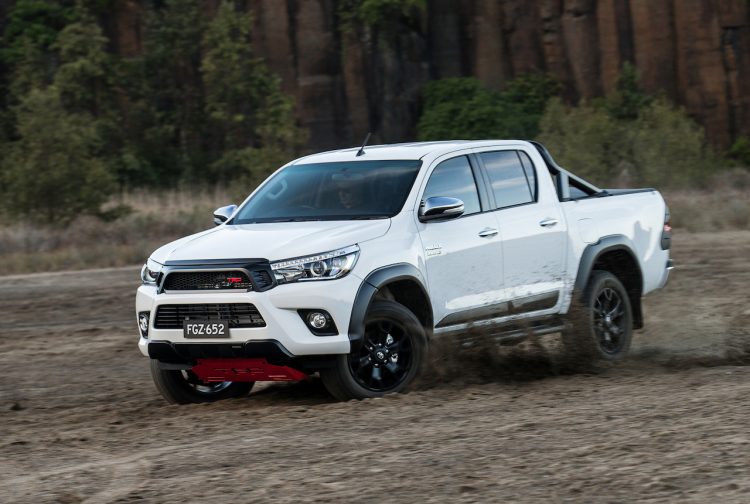
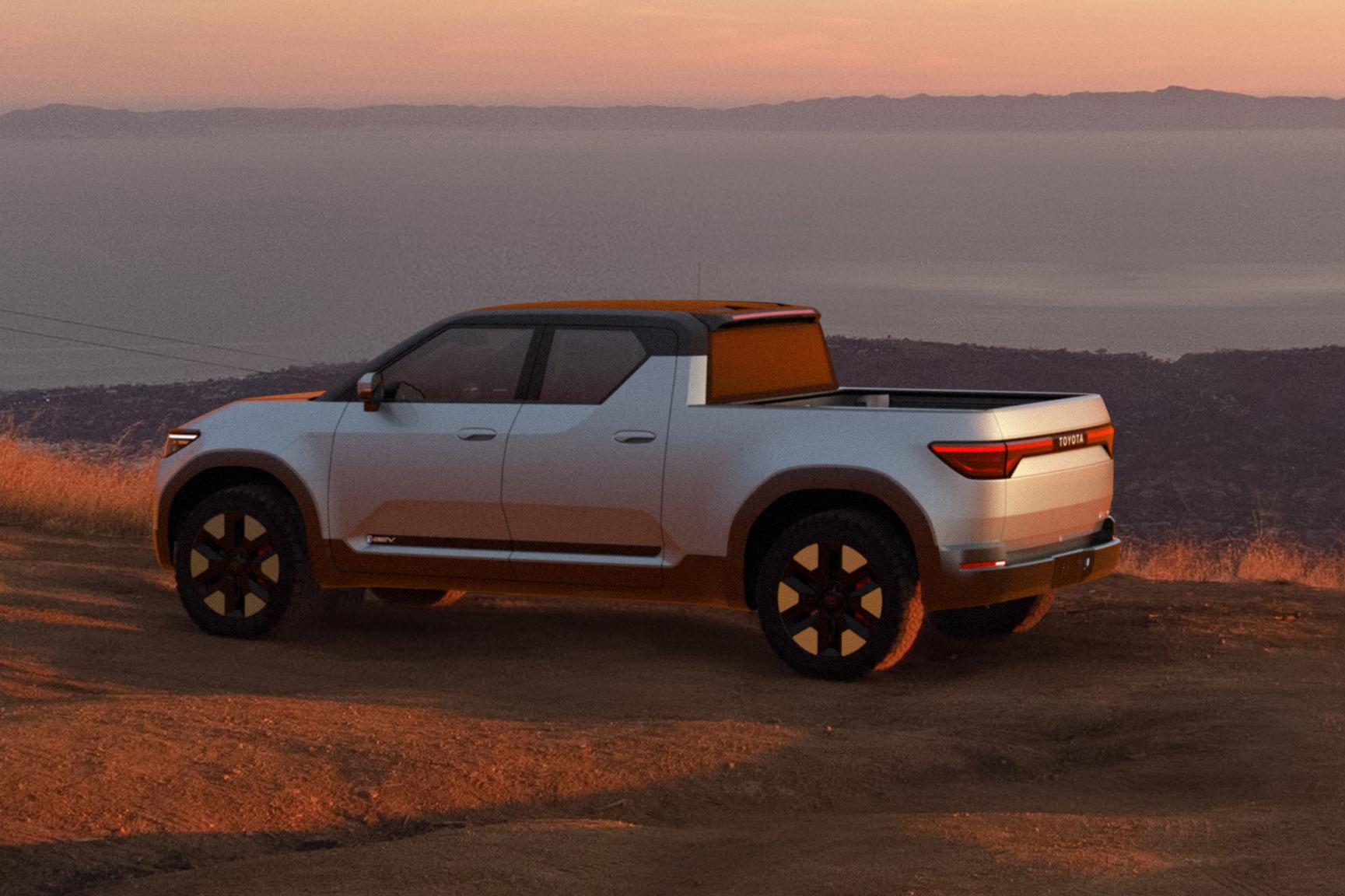
Closure
Thus, we hope this article has provided valuable insights into Toyota’s Electrified Future: A Look at the 2025 Battery-Electric Pickup. We thank you for taking the time to read this article. See you in our next article!